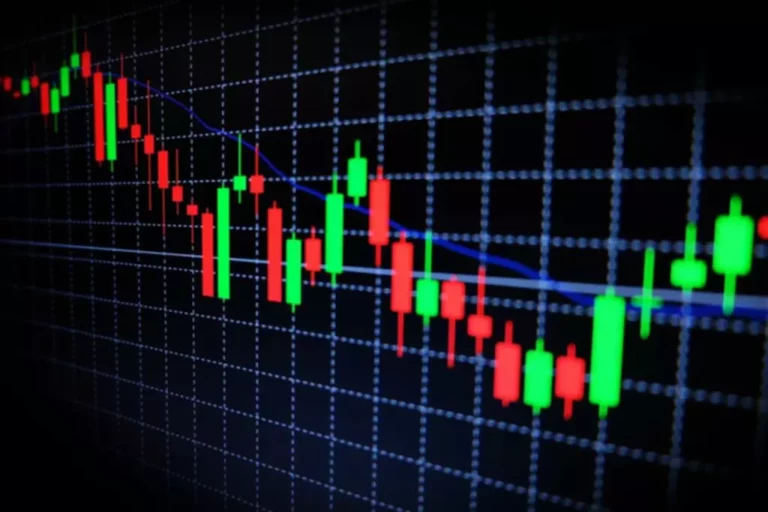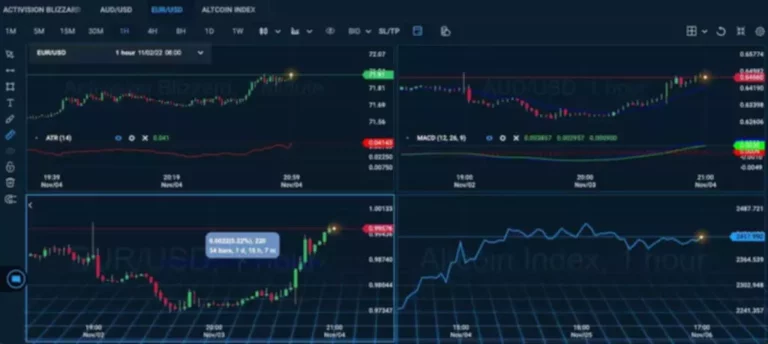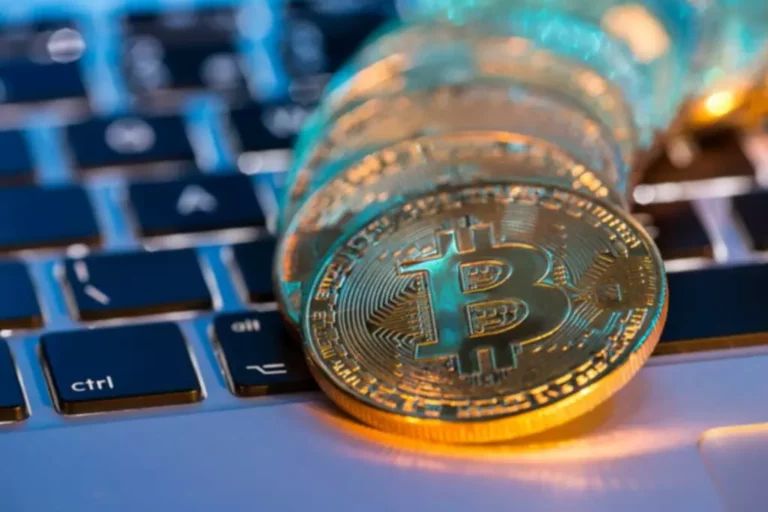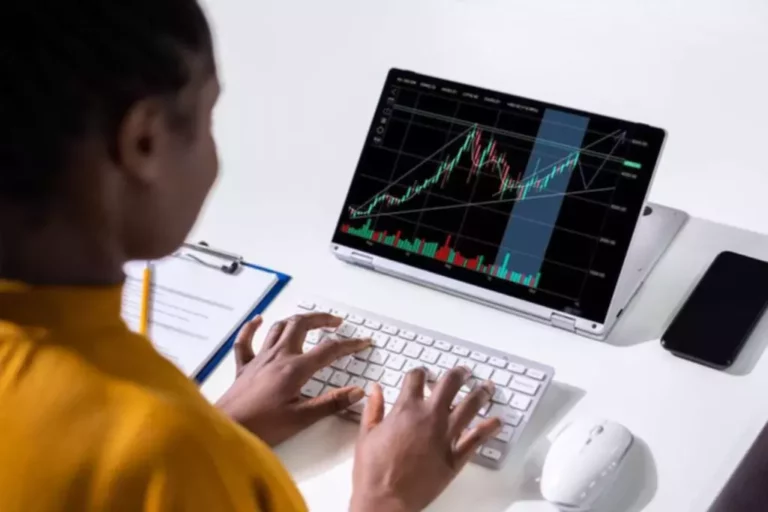Content
• Gemini is one of the few exchanges that is available in all 50 US States and more than 70 countries globally. Their ActiveTrader https://www.xcritical.com/ interface is a platform designed and built for traders and features multiple order types, advanced charting tools, and high speeds capable of executing trades in microseconds. Gemini also offers these advanced trading features through their mobile app, so you can trade on the go. OKX has consistently been ranked among the top centralized exchanges, with deep liquidity, a wide range of trading pairs, and robust derivatives markets. Curve Finance is a decentralized exchange protocol on Ethereum designed for stablecoins and low-volatility assets.
International Review of Financial Analysis
A Cryptocurrency Exchange Development Company specializes in building secure, scalable platforms for trading digital assets. Instead of visiting a website that offers a central meeting place for buyers and sellers, the emerging style of decentralized markets work by connecting buyers and sellers directly to each other to trade. Security prices that are available through and quoted by the exchange (or market) represent the only prices that are available to investors wishing to buy or sell the specific assets quoted on what is a centralized exchange the exchange. The clustering effect from rounding behaviour is a classical regularity commonly observed in financial markets. Therefore, in legitimate trading datasets, orders tend to cluster around round numbers in trade sizes. Crypto derivatives and exchange-traded notes (ETNs) are assets backed by different cryptocurrencies.
Scroll’s ZK-Rollups Explained: How It’s Transforming Ethereum Transactions
Binance is one of the world’s largest and most popular centralized cryptocurrency exchanges, offering a comprehensive array of trading options and a user-friendly platform. The exchange supports an extensive selection of cryptocurrencies, providing traders ample opportunities to diversify their portfolios. Binance is renowned for its robust security measures, including the Secure Asset Fund for Users (SAFU), two-factor authentication, and advanced encryption techniques, ensuring user assets are well-protected. The platform’s fee structure is highly competitive, featuring some of the lowest trading fees in the industry, with additional discounts for users trading with Binance’s native token. Binance also offers a comprehensive suite of trading tools, including spot, margin, and futures trading, catering to traders of all levels.
Investing in Layer 2 Tokens: Is Scroll’s SCR a Good Bet?
• Gemini is a US-based crypto exchange with tools for both new and advanced traders. Since its founding in 2014 by Cameron and Tyler Winklevoss, Gemini has prioritized creating simple and intuitive products, innovative security practices, licensing, and compliance. Huobi Global continues to be a dominant player in the Asian crypto markets but has expanded globally over the past few years. Known for its Huobi Token (HT), Huobi provides a range of trading features and high liquidity across major trading pairs.
A centralized market is a financial market structure that consists of having all orders routed to one central exchange with no other competing market. The quoted prices of the various securities listed on the exchange represent the only price that is available to investors seeking to buy or sell the specific asset. Benford’s Law is a statistical pattern that describes the distribution of the first significant digits in large datasets. It is applicable to naturally generated data in a multiplicative process, such as trading history data in regulated markets.
Any issue on such a platform can have widespread consequences, be it a technical glitch, server outage, or financial difficulty. Plus, since centralized exchanges are governed by a single entity, it means they are subject to the regulations in a specific region. This can leave your funds vulnerable to regulatory action–which is especially worrisome in countries with draconian laws.
Furthermore, DEXs also feature sophisticated market-making protocols for guaranteeing substantial liquidity for faster execution of orders. For example, Automated Market Makers or AMM protocols could avoid the need for a conventional order-matching approach of centralized exchanges. Although centralized and decentralized exchanges allow crypto trading, they are complete opposites in terms of operation.
- This middleman or third party helps conduct transactions by providing liquidity for supported tokens.
- Assets are never held by an escrow service, and transactions are done entirely based on smart contracts and atomic swaps and only between users.
- However, decentralized crypto exchanges operate without any regulatory influence.
- Binance, established in 2017 by Changpeng Zhao, has quickly become the world’s largest cryptocurrency trading platform.
Switzerland also does not propose a legal framework specially for a virtual assets business. Instead, there are existing regulatory requirements that may apply to exchanges taking into account the characteristics of each individual business. Swiss authorities issued detailed guidelines with respect to regulations, applicable to virtual assets exchanges in each specific situation (including DEXs). Cryptocurrency is relatively new, and there are many horror stories about exchanges shutting down, being robbed, or being scams.
Users send and receive funds for trading directly from their own personal non-custodial wallets. Selecting an optimal exchange platform is a critical decision that can significantly impact your cryptocurrency trading success. Centralized exchanges have gained widespread popularity among traders due to their dependable performance, robust liquidity, and intuitive user interfaces. This blog will dive into the top 10 centralized cryptocurrency exchanges of 2024, ranking them based on their trading volume, user base, security features, and overall impact on the market. If you’re looking to dive into the world of crypto, these exchanges are the heavyweights you need to know about.
Most of the discussions around centralised crypto exchanges revolve around the concerns of centralization. However, decentralized crypto exchanges operate without any regulatory influence. Therefore, the consistent expansion of the centralized crypto exchanges list could open up more roads for crypto adoption. Furthermore, there are many other factors which validate the choice of a centralized exchange. With better transparency, centralized exchanges could achieve improved adoption rates in the future.
Some of the largest centralized cryptocurrency exchanges in the world offer these fiat/cryptocurrency pairs; however, they are regulated more heavily in some jurisdictions than others. It’s common for a centralized exchange to offer cryptocurrency/cryptocurrency pairing. Choosing the right centralized crypto exchange is essential for successful trading.
An order book records ongoing trading activity and allows the user to see the current market depth and liquidity. Popular CEX examples are Binance, Coinbase, Kraken, KuCoin, OKX, Bybit, and Crypto.com. Crypto trading on centralized exchanges is generally subject to taxation, with specific rules varying by country. Profits from trading are often considered capital gains and may be taxed accordingly. It’s important to maintain detailed records of all trades and consult with a tax professional to ensure compliance with local regulations.
Let’s have a look at relevant discussions in the Quora community to understand what are the key differences between centralized and decentralized exchanges. Whether you’re using a centralized or decentralized exchange for cryptocurrency trading, understanding the basics of what they are and how they work is crucial before choosing a specific platform. Responsive customer support is essential for addressing any issues or questions that may arise during trading. Look for centralized exchanges that offer multiple support channels, such as live chat, email, or phone support, and ensure that their support team is knowledgeable and accessible around the clock. Gemini, founded by the Winklevoss twins, is one of the most regulated and secure platforms for U.S. traders.
Centralized exchanges are generally a much safer choice for people getting started in cryptocurrency; however, this is not always the case. FTX, one of the biggest centralized exchanges, shut down in late 2022 after it was discovered its owners were running a fraudulent operation. They operate for a profit while providing services that people demand or that make cryptocurrency transactions more simple. If you want to maintain control over your funds and don’t mind slower transactions, a decentralized exchange is for you. These exchanges run without a central authority and rely on smart contracts for trading.
Centralised exchanges, as the authority validating transactions on their platform, can support various native cryptocurrencies, making it easy to trade cross currencies. If they own crypto, they can deposit to an exchange wallet which credits their account, ready for trading. If not, prospective traders can use fiat on-ramps to purchase crypto with credit cards, bank transfers, and more. A centralised exchange (CEX) is a type of cryptocurrency exchange that a company centrally runs and controls.















